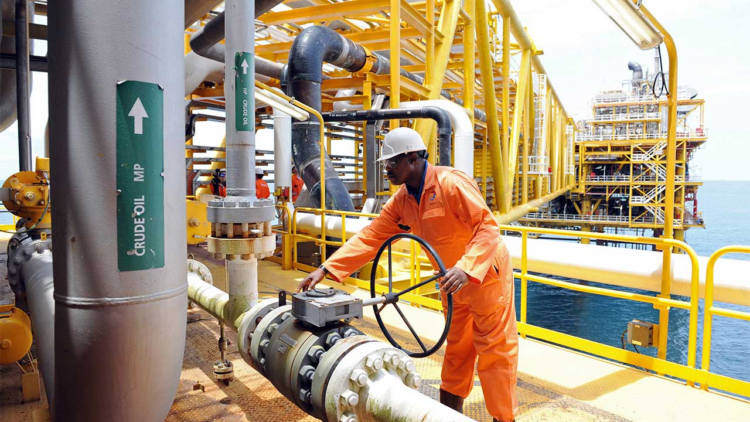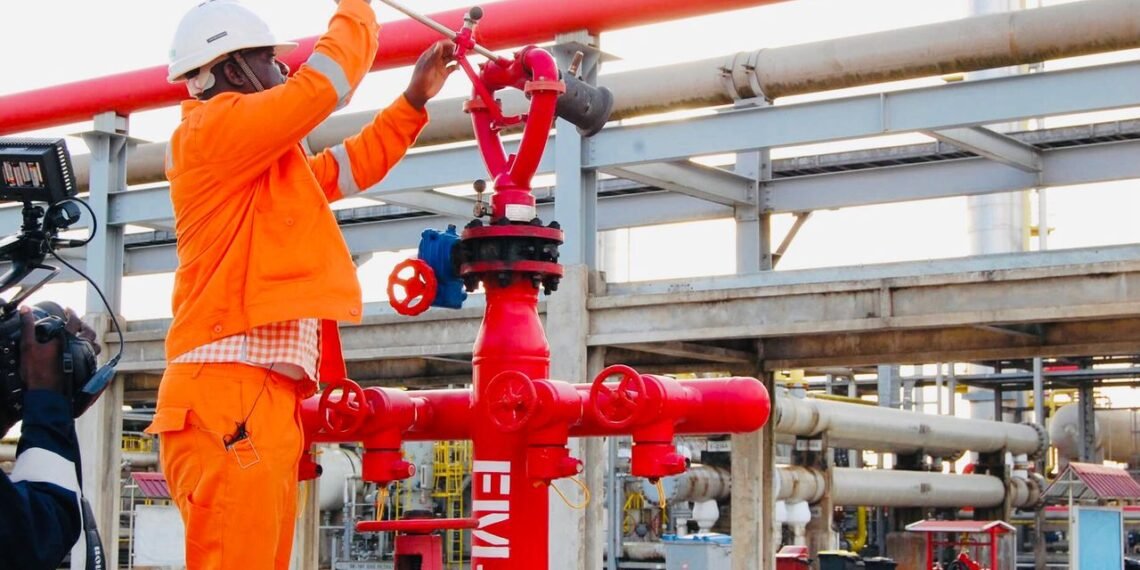The Chief Executive Officer Judith Blay, of Ghana National Gas Company (Ghana Gas) has sounded the alarm over what she described as “serious overstaffing,” warning that the company’s expanding payroll has become a significant operational burden.
The Ghana National Gas Company (Ghana Gas) is facing mounting financial pressure due to a sharp increase in its workforce over the past eight years. Speaking before Parliament’s Energy Committee, Ms. Blay disclosed that the company’s staff strength has ballooned up from just 250 employees in 2016.
“At Ghana Gas, we are about 1,290 in number. This is the staff strength.
“I needed to establish that because I know that honourable members are interested in employment. Ghana Gas is seriously overstaffed.”
Ms. Judith Blay, Chief Executive Officer
Ms. Blay noted that the company’s core technical responsibilities, maintaining the Atuabo Gas Processing Plant and ensuring the steady delivery of gas for power generation—do not require such a large workforce.
She indicated that staffing beyond the company’s core engineering and maintenance roles has intensified financial stress.

“Ghana Gas’ core mandate or core work is to maintain the plant and ensure we have gas to power.
“So, one of the cost drivers of Ghana Gas is exactly that.”
Ms. Judith Blay, Chief Executive Officer
Ghana Gas’s current staffing levels may not be sustainable without significant operational reforms. Experts argue that cost overruns due to administrative inefficiencies and bloated payrolls are threatening the financial stability of key state-owned enterprises.
Ms. Blay acknowledged that Ghana Gas has played an important role in national development through its Corporate Social Responsibility (CSR) initiatives. The company has invested in health, education, infrastructure, and other community development projects, particularly in the Western Region.
“Now, I’m sure you also know that Ghana Gas has done a lot of corporate social responsibility. But we must also streamline internal operations.”
Ms. Judith Blay, Chief Executive Officer
However, she stressed that Ghana Gas must now shift its focus toward strengthening internal efficiency to ensure long-term viability.
Her comments come amid increased calls for state enterprises to demonstrate fiscal prudence in line with the government’s broader economic recovery and consolidation agenda.
Parliamentary Oversight

The Parliamentary Energy Committee, which is leading ongoing evaluations of public institutions in the energy sector, is expected to review the implications of Ms. Blay’s testimony.
The committee’s mandate includes tracking operational performance, cost management, and strategic alignment across key industry players.
Sources close to the committee indicate that lawmakers are growing concerned about the efficiency of Ghana’s energy supply chain, from upstream production to midstream processing and downstream distribution.
In this context, Ghana Gas’s overstaffing could trigger a wider conversation about manpower planning and performance metrics across the sector.
Industry analysts have long urged Ghana Gas to optimize its workforce, arguing that maintaining excess personnel, especially in administrative or non-technical roles—undermines competitiveness and operational agility.

It’s commendable that Ghana Gas wants to create jobs and support communities, but it must balance that with its financial responsibilities. Operational efficiency is key, especially in a high-capex, low-margin sector like gas processing.
While Ms. Blay did not provide specific timelines or strategies for addressing the overstaffing challenge, she emphasized that Ghana Gas remains committed to improving efficiency and focusing on its technical mandate.
“We must ensure that every cedi spent brings maximum value to the company, to our power sector, and ultimately to the people of Ghana.”
Ms. Judith Blay, Chief Executive Officer
The outcome of the parliamentary review and subsequent management actions will be critical in shaping the future trajectory of Ghana Gas, particularly as the country intensifies efforts to reduce energy sector debts, attract private investment, and ensure stable power supply.
READ ALSO: Mastercard and Access Bank Unveil Innovative Age-Segmented Card to Empower Ghana’s Youth



















